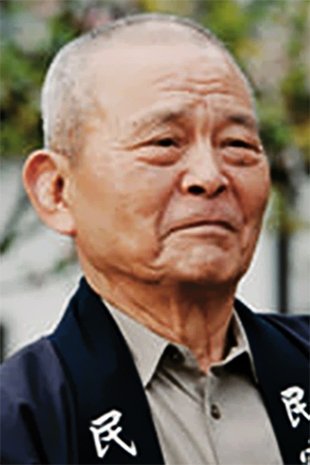
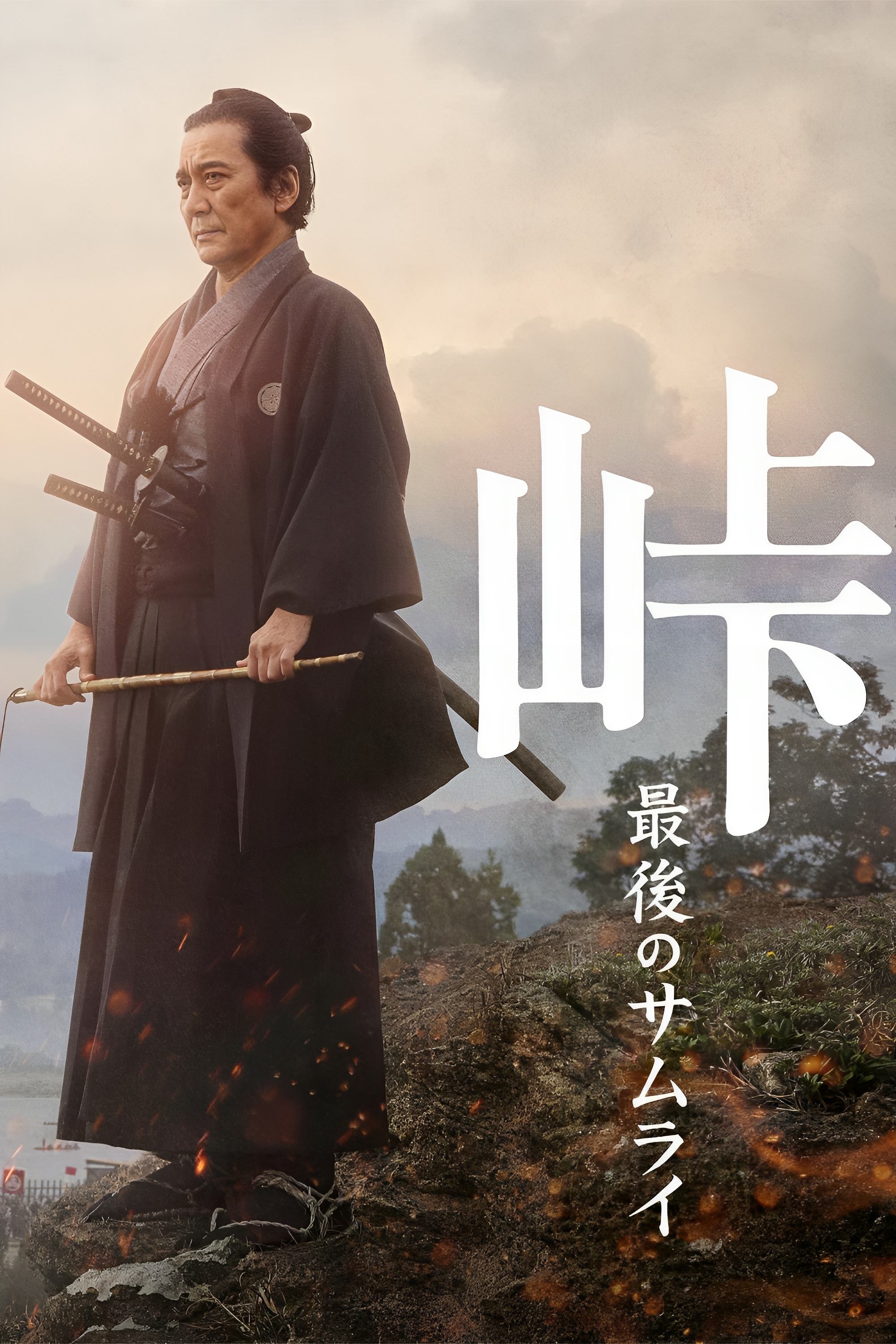
In the turbulent last days of the Edo period, Kawai Tsugunosuke, a Japanese samurai serving the Makino clan of Nagaoka, dreamt of independence from the restraints of vassalship. Despite his progressive views and his desire for his estate to remain neutral during the Boshin Civil War, he was bound by loyalty and duty to the clan and was compelled to choose sides.
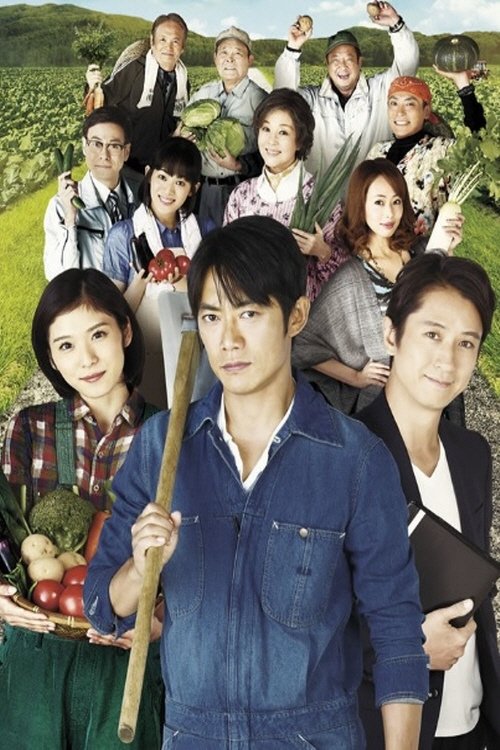
In a small village in the Kanto regioin, which is surrounded by mountains, residents and a management consultant (Shosuke Tanihara) struggle to rebuild the village through its only industry, farming.
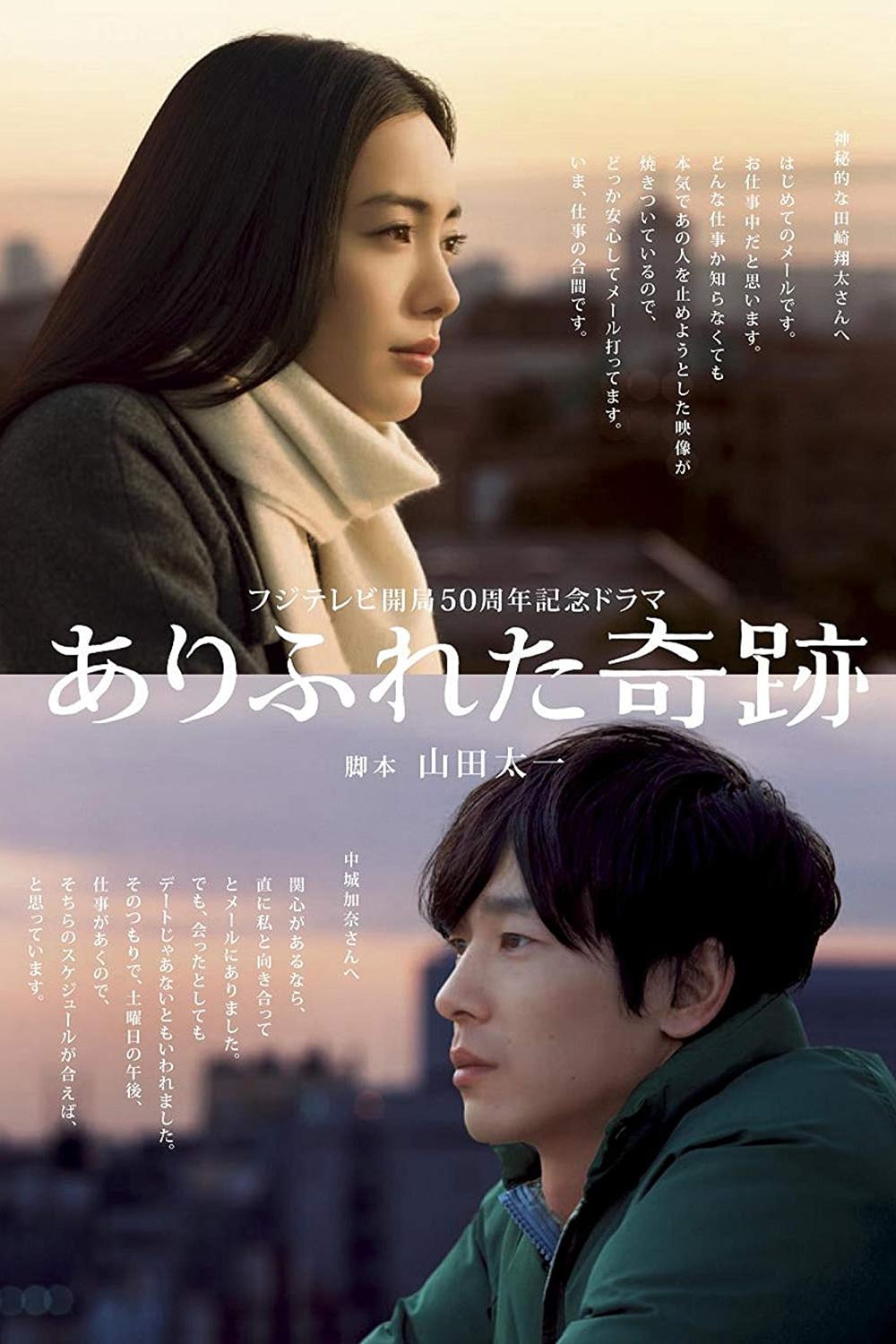
One day, a middle-aged man, Fujimoto Makoto, is standing on a train platform, about to jump in front of a train. Nakashiro Kana and Tasaki Shota both happen to be on the same platform, and sensing what is about to happen, they quickly pull him back to safety. There's a reason why Kana and Shota realized Makoto's intentions, they both have the kind of emotional scars that can't be put into words. Even after so much pain, through a series of e-mails, they've become attracted to one another and slowly learn to open up their hearts once again.
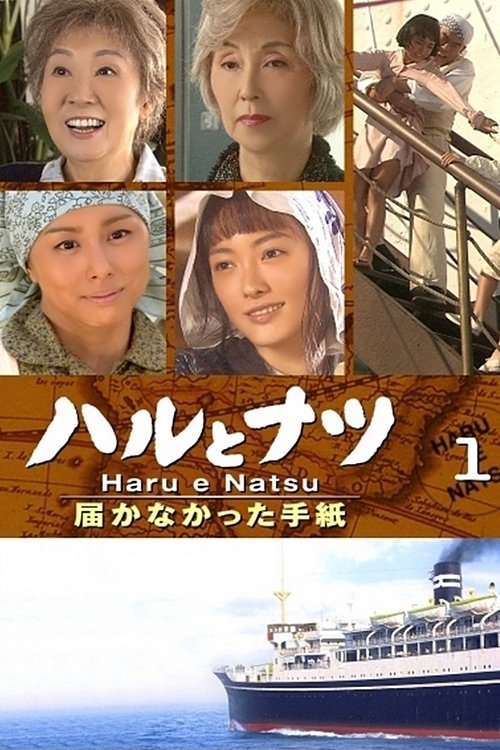
As Haru emigrates from Japan with her family to the coffee plantations in Brazil, Natsu is left behind in the care of spiteful relatives. Losing all contact, each must make her own way in an unforgiving world. Hardships abound in the struggle to survive in war-torn Japan and in the face of anti-Japanese sentiment in Brazil, financial ruin, familial pressure, abandonment and lost love. However they also experience the precious joy of survival and success. Now, after 70 years, Haru comes back to Japan to find her estranged sister.
From Wikipedia, the free encyclopedia Hisashi Igawa (井川比佐志 born 17 November 1936) is a Japanese actor who has appeared in such films as Akira Kurosawa's Dodesukaden, Ran and Madadayo. He starred in Abe Kōbō's production of The Man Who Turned Into A Stick, a surrealist play, in 1969.